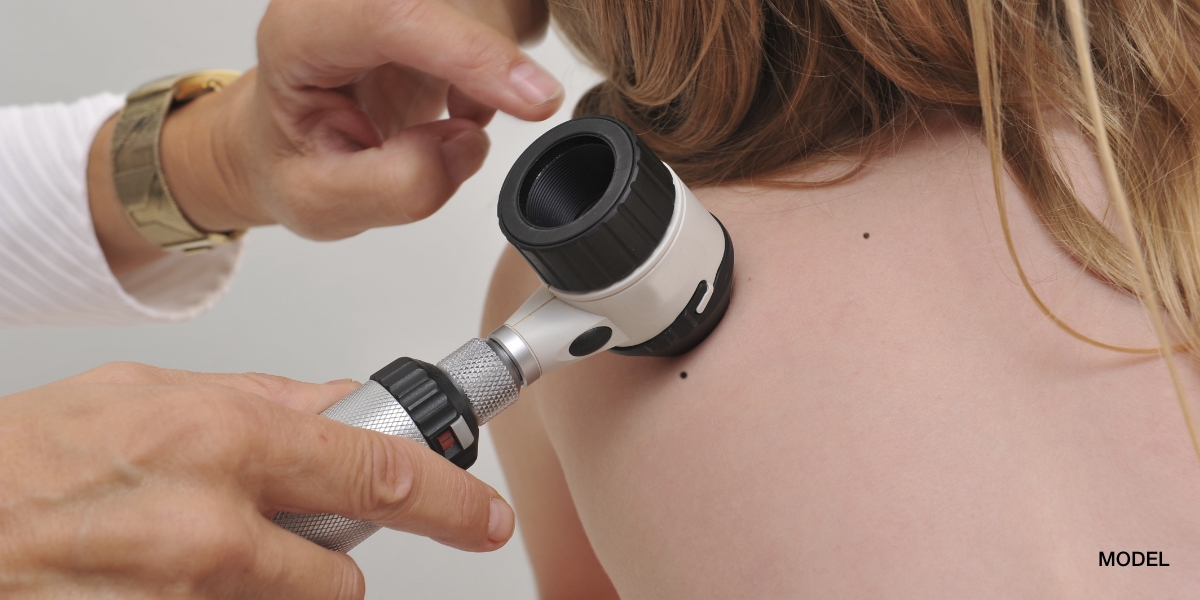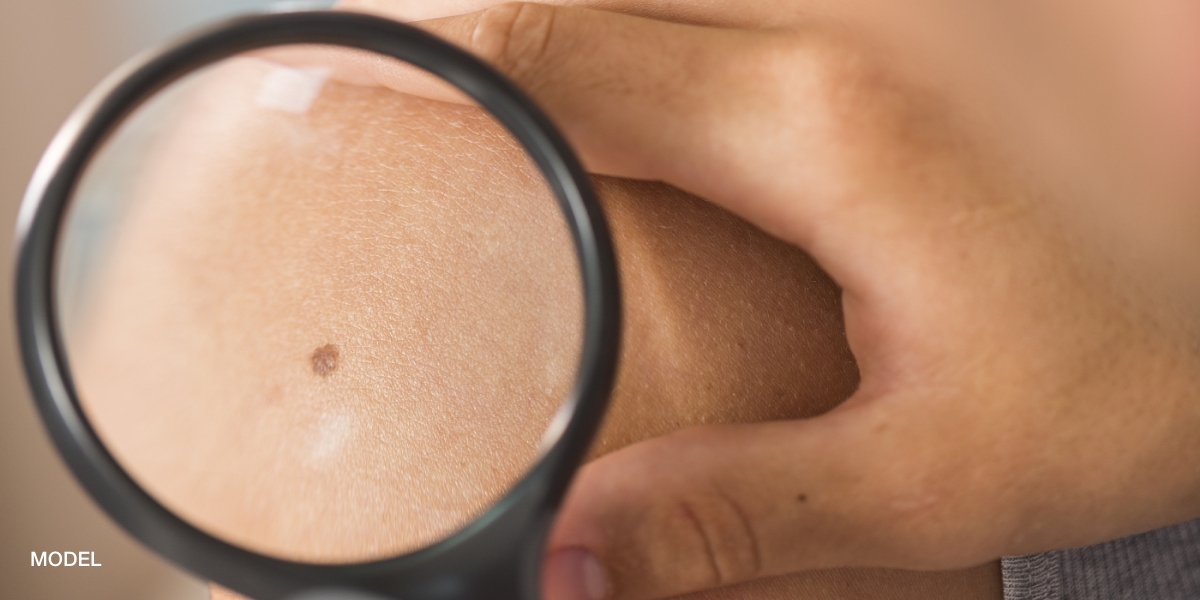Cyclosporine is considered a “rescue drug” for severe Psoriasis flares, especially pustular Psoriasis so I occasionally prescribe this medicine for patients in my The Woodlands dermatology and Conroe dermatology clinics. Cyclosporine is an immunosuppressive drug that was initially used to prevent organ transplant rejection but is FDA approved for treating severe Psoriasis. Neoral is a newer formulation of Cyclosporine which is a microemulsion that is more bioavailable, and is the type I most commonly prescribe. Cyclosporine has rapid efficacy and patients note improvement soon after initiating a treatment course, unfortunately it has many side effects with chronic use so it is limited to acute Psoriatic flares. Cyclosporine does have several advantages over the other immunosuppressives such as it is not teratogenic, or cytotoxic and does not suppress the bone marrow. The contraindications for Cyclosporine are impaired renal function, uncontrolled hypertension, patients with cancer or a history of cancer, immunodeficiency, infection, pregnancy, patients on phototherapy. The two main side effects of Cyclosporine are nephrotoxicity (renal damage) and hypertension (high blood pressure). Cyclosporine begins destroying nephrons (the smallest unit of functionality in the kidney) on Day 1 of taking this medicine, however it takes a long time for significant renal damage to occur in patients with a normal renal system. If there is a 25% increase in creatinine (a marker of renal function) then the Cyclosporine dose should be decreased to limit further kidney damage. Approximately 30% of Psoriasis patients on Cyclosporine develop hypertension but it is usually reversible on discontinuation or a decrease in Cyclosporine dose. The risk of skin cancer (non melanoma type) is increased in patients on Cyclosporine with Squamous Cell Cancer the most common type. Other internal malignancies do not appear to be increased in Psoriasis patients on Cyclosporine. Hyperlipidemia (elevated cholesterol levels) are commonly seen in Cyclosporine. Hypertrichosis (excessive hair growth) and gingival hyperplasia (excessive growth of the gums) can also occur. Electrolyte abnormalities such as a low magnesium, elevated uric acid levels leading to gout and an elevated potassium can also be seen. Cyclosporine has many drug interactions as it is metabolized by the CYP3A4 enzyme system in the liver. Patients are closely monitored while on Cyclosporine with frequent blood pressure measurements, lipid profiles, comprehensive metabolic panels, and creatinine levels.
April 1, 2011

Medically reviewed by Anthony J. Perri, M.D.
You May Also Like



Request a Consultation (Sidebar)
Recent Posts
Categories
- Uncategorized (512)
Tags
acne (6)
acne treatment (3)
acne vulgaris (2)
basal cell carcinoma (2)
biopsy (3)
cold urticaria (1)
common skin conditions (11)
dermatologist (15)
dermatology (7)
dr. perri (8)
dry skin (1)
eczema (2)
filiform (1)
health (3)
Herpes (1)
herpessimplex (1)
hives (2)
indentification (1)
keratosis pilaris (1)
Lichen Planopilaris (1)
melanoma (2)
moles (3)
periungual (1)
perri dermatology (10)
prevention (2)
rashes (2)
rosacea (3)
rosacea therapy (2)
skin cancer (6)
skin cancer screening (5)
skin care (2)
skin checks (8)
skin condition (6)
skin conditions (8)
skin damage (2)
skin exam (8)
summertime (3)
sunburn (3)
sunburns (2)
Sunprotection (1)
sunscreen (2)
virus (1)
warts (2)
why perri dermatology (3)
woodlands dermatologist (6)
